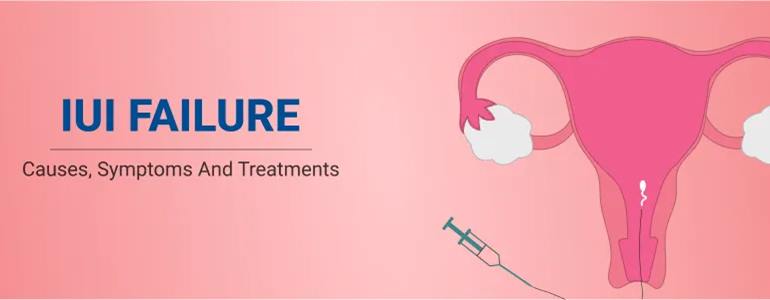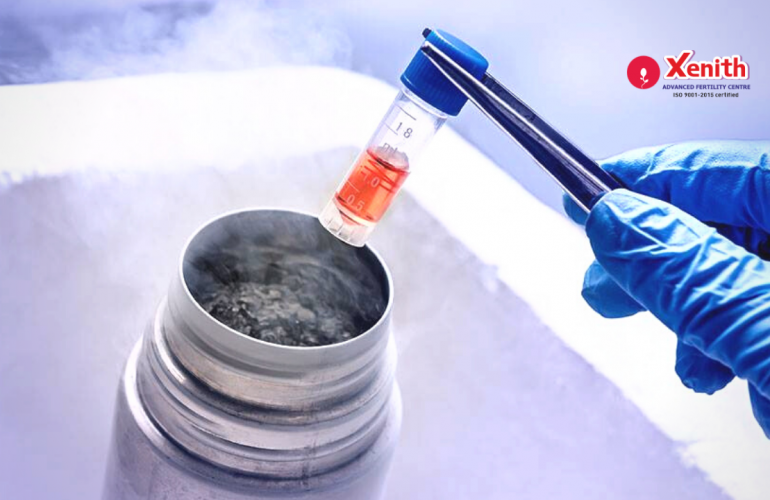When you’re on the IVF journey, every step matters—and every choice can feel monumental. One option you might have heard about is Preimplantation Genetic Testing (PGT). But the real question is: Should you consider it?
This guide is designed to walk you through exactly that. You’ll learn what PGT is, the different types available, why it’s becoming more common, and—most importantly—whether it might be right for you. By the end, you’ll feel more equipped to have a confident, informed discussion with your fertility doctor.

Free Thursday Consultation
Book Your Appointment- 1. What Is PGT and the Different Types?
- 2. Why Genetic Testing Is Gaining Popularity in IVF
- 3. Who Should Consider PGT?
- 4. When PGT May Not Be Necessary
- 5. Common Concerns and Misconceptions
- 6. Decision-Making Support: Talking to Your Fertility Doctor
- 7. Why Choose Xenith IVF for PGT Services?
- 8. Final Thoughts
- FAQs
1. What Is PGT and the Different Types?
In simple terms, PGT is a process that checks the genetic health of embryos created during IVF before they’re transferred to your uterus.

Here’s how it works:
- Once your embryos grow to the blastocyst stage (day 5–7), a few cells are carefully biopsied from the outer layer.
- These cells go to a specialized genetics lab for analysis.
- Healthy embryos that pass the test are selected for transfer.
There are three main types of PGT:
- PGT-A (Aneuploidy Testing): Checks for missing or extra chromosomes, which can cause failed implantation or miscarriage.
- PGT-M (Monogenic Disorder Testing): Screens for single-gene disorders like Thalassemia, Cystic Fibrosis, or Tay-Sachs—especially important if you or your partner are carriers.
- PGT-SR (Structural Rearrangement Testing): Detects issues like balanced translocations in chromosomes that can affect embryo health.

2. Why Genetic Testing Is Gaining Popularity in IVF
You’re not alone if you’ve noticed more couples opting for PGT. Here’s why:
- It reduces the risk of transferring embryos with chromosomal abnormalities.
- It can lower miscarriage risk, which is often linked to genetic errors.
- It may increase implantation and live birth rates.
- It’s especially valuable if you’ve faced repeated IVF failures without a clear reason.
In other words, it’s about stacking the odds in your favor.
3. Who Should Consider PGT?
- Women above age 35: As eggs age, the chance of chromosomal abnormalities increases. PGT-A can help identify euploid embryos (chromosomally normal ones), improving your chances of a successful pregnancy.
- Couples with recurrent pregnancy loss (RPL): If you’ve had two or more miscarriages, PGT can help find embryos without the genetic issues that often cause early pregnancy loss.
- Couples with previous IVF failures: If you’ve had good-quality embryos that didn’t implant, genetic testing can pinpoint embryos with better potential.
- Known genetic disorders in the family: If either of you carries a genetic condition—say, Thalassemia—PGT-M lets you choose embryos that are unaffected.
- Structural rearrangements in chromosomes: If genetic testing shows you’re a balanced translocation carrier, PGT-SR can reduce the risk of passing on chromosomal imbalances.
- Male factor infertility: Severe sperm abnormalities or high DNA fragmentation can increase chromosomal errors in embryos. PGT can help select the healthiest ones.
- Elective testing for peace of mind: Even if you have no known risks, you might choose PGT-A simply to reduce uncertainty.
4. When PGT May Not Be Necessary
Not everyone needs genetic testing during IVF. For example:
- If you’re a young couple with no fertility issues or genetic concerns.
- If you have very few embryos—biopsy might not be worth the risk.
- If you have ethical or emotional concerns about embryo testing.
5. Common Concerns and Misconceptions
Let’s clear up a few things you might be wondering:
- Does PGT harm embryos?
The biopsy is done by skilled embryologists with minimal risk, but it’s not completely risk-free. - Is it 100% accurate?
No test is perfect. PGT greatly reduces the risk of passing on genetic issues, but it can’t detect every condition. - Can it guarantee a healthy baby?
No—PGT improves the odds, but other factors (like the uterine environment) still matter.
6. Decision-Making Support: Talking to Your Fertility Doctor
Before deciding, discuss:
- Your age and medical history
- Any previous IVF cycles and their outcomes
- Family genetic history
- The cost vs. benefit for your situation
- Clinic protocols and success rates with PGT
Your doctor can help weigh the advantages and risks specifically for you.
7. Why Choose Xenith IVF for PGT Services?

When it comes to PGT, the expertise of your fertility clinic can make all the difference—not just in the accuracy of the test but in how the results are interpreted and used to guide your treatment. At Xenith IVF, you benefit from:
- State-of-the-art technology – Our embryology labs use advanced micromanipulation tools and next-generation sequencing techniques for highly accurate results.
- In-house genetic counseling – You’ll receive personalized guidance to help you understand your options before and after testing, so you can make informed decisions with confidence.
- Meticulous embryo handling – Every biopsy is performed by highly skilled embryologists who prioritize embryo safety and viability.
- Tailored treatment strategies – We don’t believe in a one-size-fits-all approach. Your PGT results are integrated with your medical history to create the best possible IVF plan for you.
- Transparent communication – From explaining the procedure to discussing potential risks and outcomes, we make sure you understand every step.
- Holistic support – Beyond the science, we provide emotional and psychological support, recognizing the sensitive nature of fertility treatment.
At Xenith IVF, our goal is simple: to help you maximize your chances of a healthy pregnancy while making the process as clear, compassionate, and stress-free as possible.
8. Final Thoughts
PGT isn’t a universal recommendation—but for some couples, it’s a game-changer. The right decision depends on your unique circumstances. Talk openly with your fertility specialist, weigh your priorities, and remember—this is about finding the safest and healthiest path toward parenthood.
FAQs
No. It’s suggested for specific cases like advanced maternal age, recurrent miscarriage, or known genetic risks.
No, but it greatly reduces the risk of passing on genetic abnormalities.
It’s often recommended for women 35+ due to higher chromosomal abnormality risk.
Yes, when performed by experienced embryologists, though no procedure is entirely risk-free.
It can—by selecting embryos with the best genetic health.
No. It’s targeted for specific known risks and common chromosomal issues.




